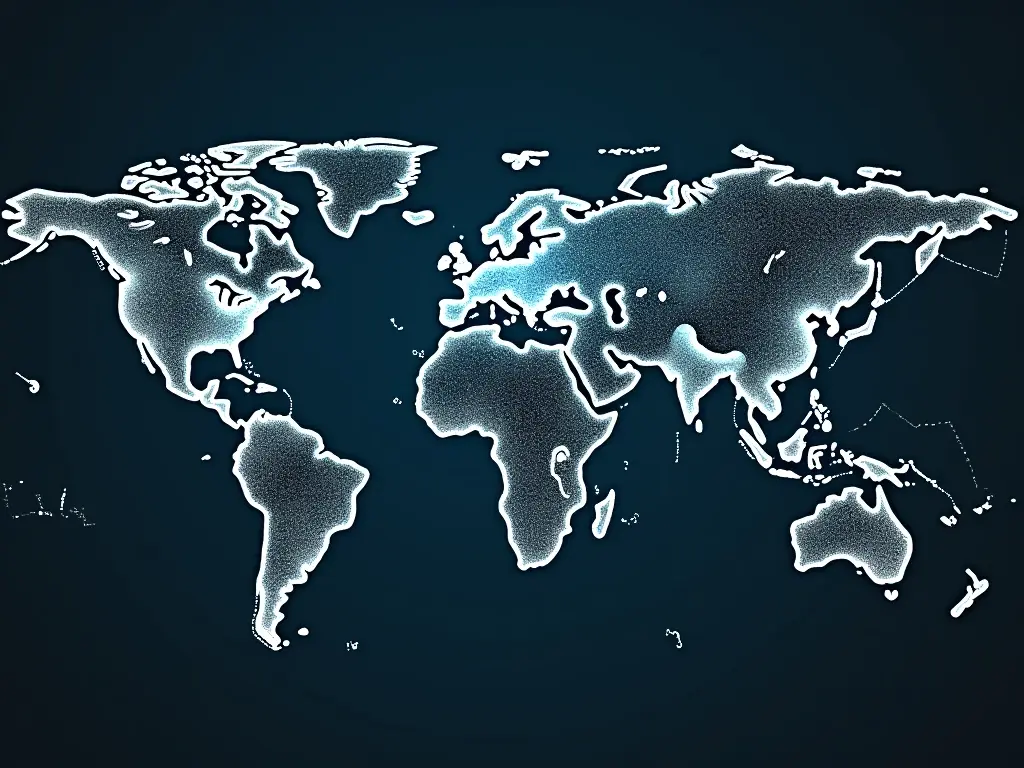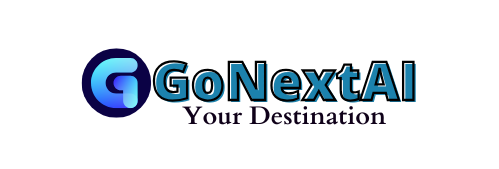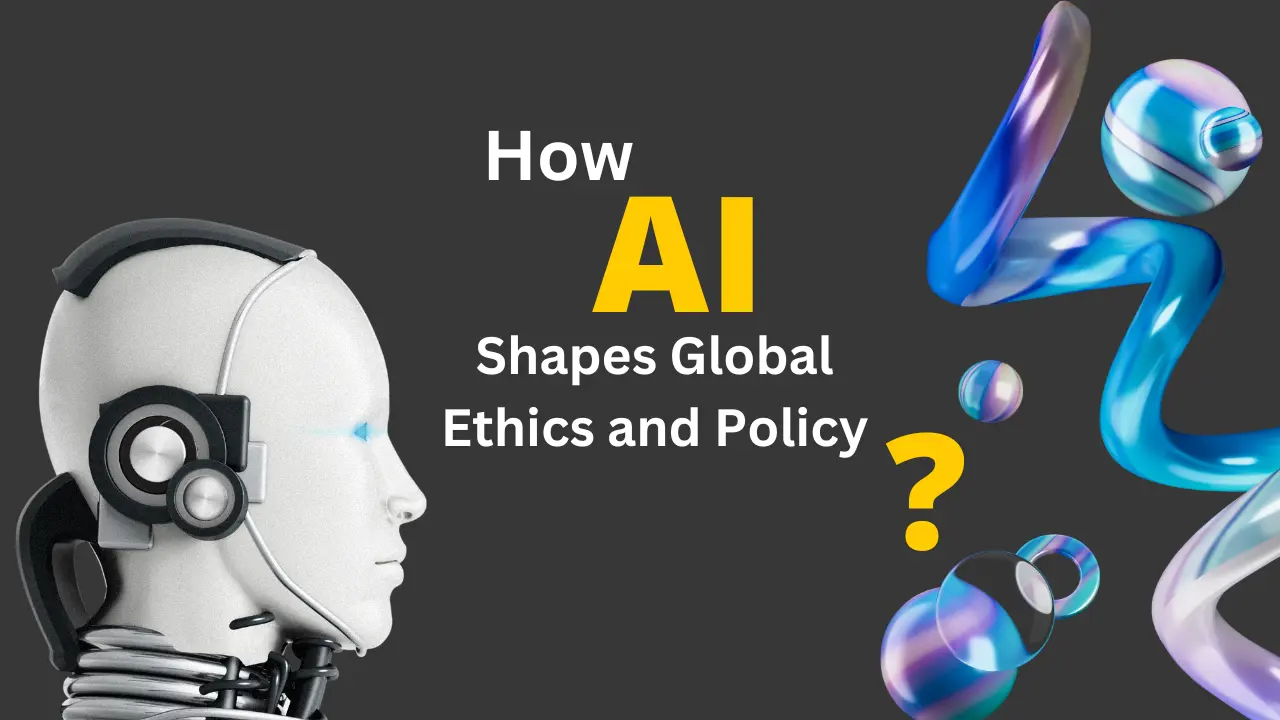How AI Shapes Global Ethics and Policy
Artificial intelligence (AI) has become a transformative force in modern society, revolutionizing industries and reshaping daily life. However, its rapid evolution raises critical questions about global ethics and policy. As nations and institutions grapple with the implications of AI, a profound understanding of its influence is essential for creating frameworks that balance innovation with ethical responsibility. This article explores how AI shapes global ethics and policy, highlighting key challenges, opportunities, and strategies to navigate this complex terrain.
Earn Money by Creating AI-Powered Marketing Campaigns
The Ethical Landscape of AI
AI technologies bring unparalleled potential to improve lives, but they also come with significant ethical concerns. These concerns include bias in AI algorithms, privacy infringements, accountability in decision-making, and the broader implications of autonomous systems. For instance, biased AI models can perpetuate systemic discrimination, while the unchecked use of AI surveillance tools poses threats to individual freedoms.
To address these issues, global ethics must emphasize transparency, fairness, and inclusivity. Transparency ensures that AI decision-making processes are understandable and traceable. Fairness involves designing systems that are unbiased and equitable, while inclusivity ensures that diverse voices shape AI policies and frameworks.

Global Policy Challenges
Developing global policies for AI is a monumental task due to varying cultural values, legal systems, and economic priorities. Nations face challenges such as:
- Regulatory Divergence: Different countries have distinct approaches to AI governance. For example, the European Union’s General Data Protection Regulation (GDPR) emphasizes data privacy, while other nations prioritize innovation over regulation.
- Technological Dominance: Dominance by a few tech giants raises concerns about monopolies and unequal access to AI advancements.
- Cross-Border Impacts: AI systems often transcend national borders, making it difficult to enforce regulations universally.
To harmonize efforts, international collaboration is crucial. Initiatives like the OECD AI Principles and the UN’s efforts to create a global AI framework aim to establish shared norms and values.
How to Launch Your AI Startup on a Budget
The Role of AI in Shaping Ethics
AI is not just a subject of ethical scrutiny; it actively shapes ethics itself. Consider the rise of AI-driven content moderation on social media platforms. Algorithms determine what is acceptable speech, indirectly influencing societal norms. Similarly, AI’s role in hiring processes challenges traditional notions of meritocracy and fairness.
To ensure ethical AI development, stakeholders must adopt a proactive approach. Developers, policymakers, and ethicists should collaborate to foresee potential ethical dilemmas and address them before they escalate.
Policy Frameworks for Responsible AI
Policymakers worldwide are devising frameworks to ensure AI development aligns with ethical standards. Key elements of these frameworks include:
- Accountability Mechanisms: Clear guidelines on who is responsible for AI outcomes are essential. This includes liability for harm caused by autonomous systems.
- Data Governance: Robust data protection laws ensure user privacy and prevent misuse of personal information.
- Ethical AI Principles: Policymakers are increasingly adopting principles such as transparency, explainability, and fairness.
For example, the EU’s AI Act proposes strict regulations on high-risk AI applications, while the U.S. National AI Initiative focuses on promoting innovation alongside ethical considerations.
Make Money by Automating HR Services with AI
AI’s Role in Addressing Global Issues
Beyond challenges, AI presents opportunities to tackle global issues ethically. AI-powered tools can help address climate change through better resource management, enhance healthcare with personalized treatment plans, and improve education by tailoring learning experiences.
However, the deployment of such tools must be guided by ethical principles. For instance, using AI in healthcare requires rigorous safeguards to protect patient data and ensure equitable access to innovations.
Future Directions in Global AI Governance
The future of AI governance lies in balancing innovation with regulation. Policymakers must adopt flexible approaches that can adapt to technological advancements. Encouraging public engagement is equally important, as citizens play a vital role in shaping the ethical boundaries of AI use.
Moreover, fostering global partnerships will be key. Collaborative efforts between governments, tech companies, and international organizations can create inclusive policies that reflect diverse perspectives and values.
How to Use AI to Create and Sell Custom Games
Final Thought
How AI shapes global ethics and policy is an ongoing journey, marked by challenges and opportunities. As AI continues to evolve, its influence on societal norms and international governance will deepen. By prioritizing ethical considerations and fostering global collaboration, humanity can harness the transformative power of AI while ensuring it serves the greater good.


1 Comment